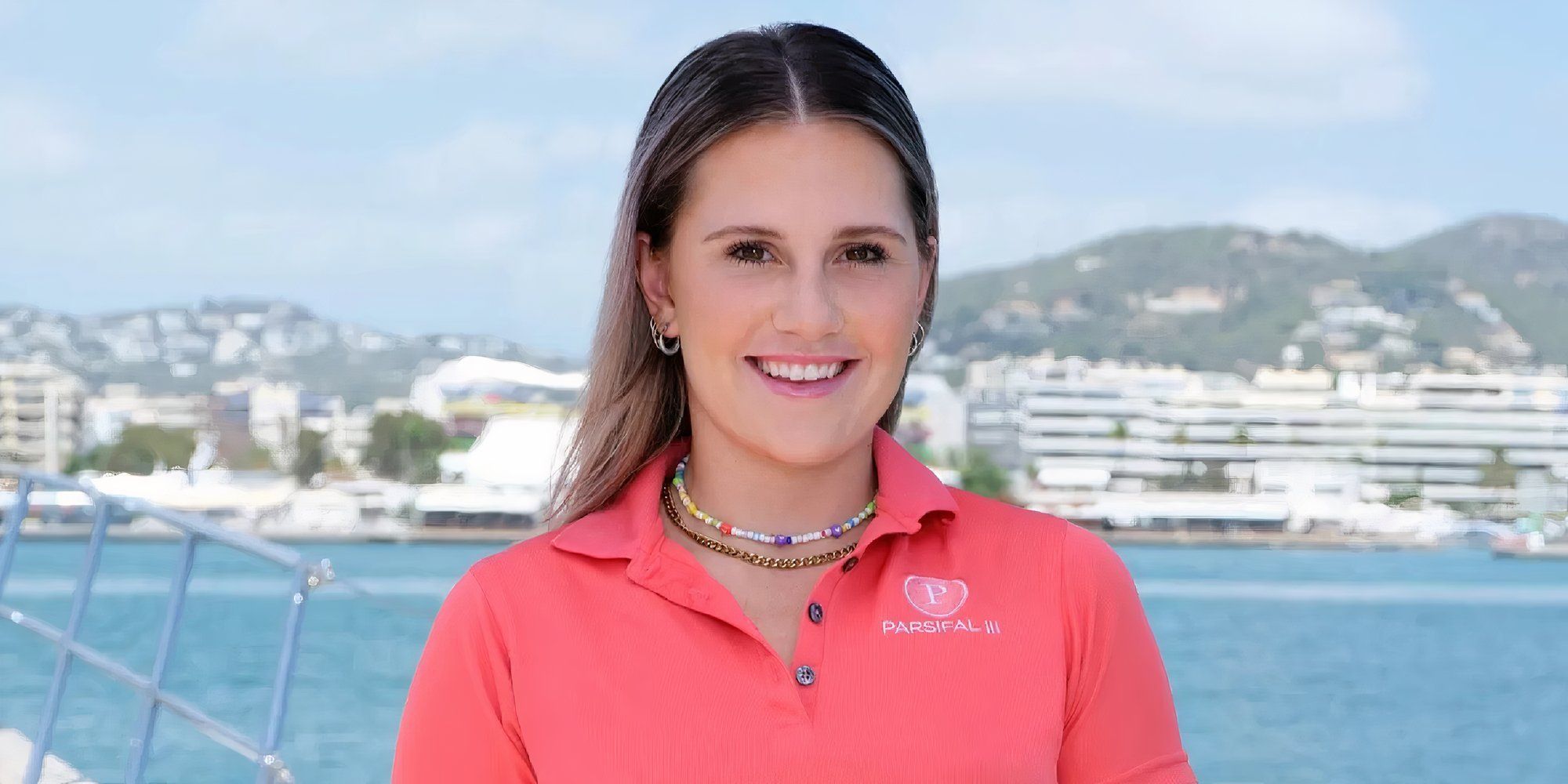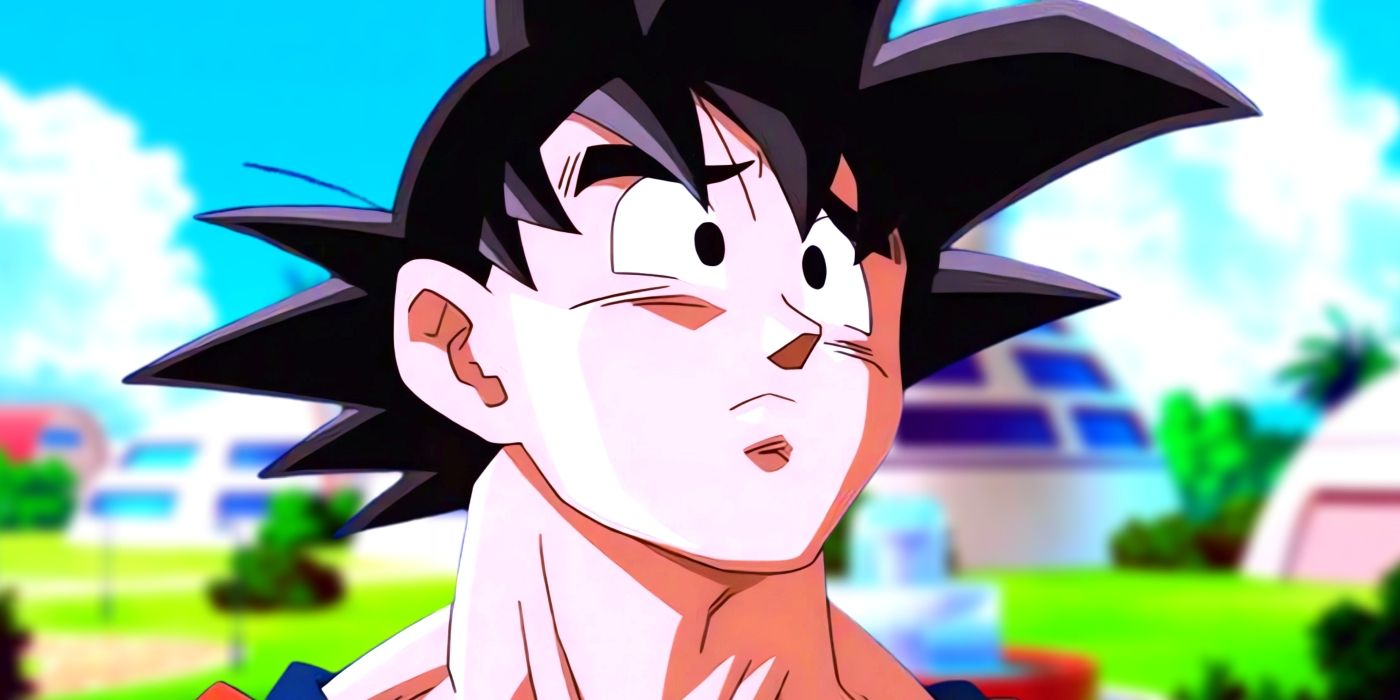Spike Lee is detailing what made him say “hell no” while filming his Oscar-winning biopic “Malcolm X.”
The feature, which starred Denzel Washington as the civil rights leader, was “shut down” by Warner Brothers due to budget concerns. One particular sticking point the studio had, according to Lee, was why the auteur wanted to film on location in Saudi Arabia for the Mecca scenes. Warner Brothers actually asked if Lee could instead make the Jersey Shore look like the Middle East in the epic film.
“Instead of shooting in Saudi Arabia, they said, why not shoot in the Jersey Shore in January?” Lee told Variety while at the Red Sea Film Festival in Saudi Arabia, where he is serving as the jury president. “I said, ‘Hell no!’ and Warner Brothers shut down the film.”
Lee instead opted to put in his own funds to expand the budget for the film, plus ask “Black folks with some money” that he knew. Those people included Bill Cosby, Tracy Chapman, Janet Jackson, Prince, Magic Johnson, and Michael Jordan, and Lee said, “I promised each person, saying that I would go to my grave without saying how much each gift was.”
“I’d been paid $2 million [by Warner Bros.] and put in half my salary to make the film. So we were stuck,” Lee said of the studio then shutting down production before he found the financing on his own. “Malcolm X” was indeed the first American film, and first non-documentary, granted permission to film in Mecca.
Lee is now collaborating again with his “Malcolm X” alum Washington on his “High and Low” reimagining, “Highest 2 Lowest.”
“We’re brothers,” Lee said of Washington. “It’s 18 years since we shot our last film together. That’s a gap. But I was surprised it didn’t feel that way. I’m very blessed to have worked with him on five films. We don’t have to sit down and look at each other. We just do our thing.”
Lee previously told IndieWire that the budget was a major “obstacle” for making “Malcolm X.”
“Everyone knew – myself, [then Warner Bros. heads] Bob Daly and Terry Semel, the bond company – everybody knew that the budget that had been approved was not enough to finish the film,” writer/director Lee said. “It was enough to get us through production, but not to finish. Everybody knew it; it was not a surprise. […] Everybody knew the dreadful day would come when something bad was gonna happen. That day came when the bond company sent registered letters to everybody in post-production, including my great, great editor Barry Brown, saying their services were no longer needed.”
Lee added, “The plan was this: to shoot in the fall, then break for the holidays, then go to South Africa and Egypt. Right before the holidays, the bond company and Warner Bros. came with suggestions to cut the budget further. Instead of shooting in the Sahara Desert, they wanted to shoot on the Jersey shore in January, which was insane. We talked them out of that and went to Egypt, and then on the flight from Cairo to Johannesburg there was a bomb threat. It happened while we were in the air, so we had to land in Nairobi while they searched the plane for a bomb. There was a great welcoming party planned for us in Johannesburg, but we were delayed for four or five hours, so when we got there there were like two people left.”
The studio Warner Bros. also “always had a problem with the length” of the film, according to Lee.
“They didn’t think it needed to be three hours. But I knew when we were shooting that Oliver Stone had ‘JFK’ coming out, and I asked Bob, ‘How long is “JFK”?’ He said it was two hours. He didn’t know that Oliver and I were friends, so I called Oliver and asked him, ‘How long is “JFK”?’ He said, ‘Spike, it’s three hours, but don’t tell ‘em I said so!'” Lee said. “I felt that if that subject justified three hours, so did Malcolm X. I needed that time to show the evolution of the character and all the roles he played. When I refused to cut the movie down to two hours, Warner Bros. let the bond company take over the movie. […] Then on Malcolm X’s birthday we held a press conference announcing that all these great, great African-Americans had contributed to the film, and the next day Warner Bros. took the film back from the bond company and started to finance post-production.”

 1 week ago
3
1 week ago
3










 English (US) ·
English (US) ·